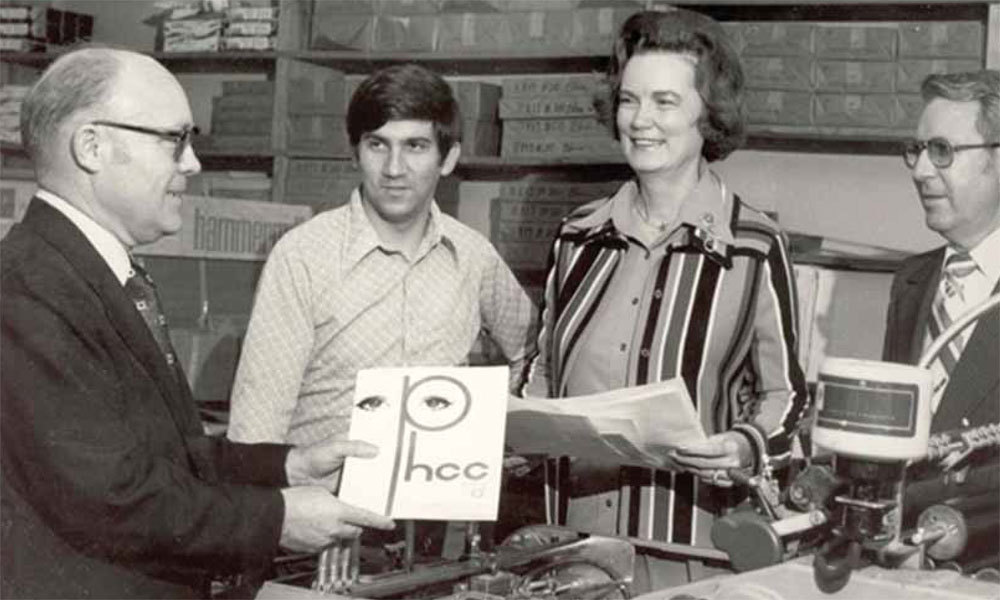
Archived: An Association Auxiliary’s Homage to Businesswomen in History
In honor of Women’s History Month, we bring you this story of the Plumbing-Heating-Cooling Contractors-National Auxiliary and its tribute to women’s influence on business in America.
What began as a form of entertainment for the wives of master plumbers has become one of the country’s long-standing women’s organizations, and it is helping to celebrate women’s history with a new exhibit at one of the Smithsonian’s most popular museums.
The records show a level of activism that is absolutely unexpected of women in the late ’20s and early ’30s, and it is a documentation of family-owned business and women in America over 93 years.
Originally called the Women’s Auxiliary-National Association of Master Plumbers—now the Plumbing-Heating-Cooling Contractors Association (PHCC)-National Auxiliary—the organization recently gave some of its archival materials, which document almost a century of women’s history, to the Smithsonian’s National Museum of American History.
“This is the Archives Center’s first collection to specifically document the records of a long-standing women’s organization,” Smithsonian curator Cathy Keen said in a statement.
The collection is also the museum’s most thorough documentation of a women’s group, Keen acknowledged in a Smithsonian blog post. “We have collections that relate peripherally to women’s activism but not any one long-standing women’s organization represented in our collection.”
The collection helps document the group’s transition from one focused on social activities to one where women played an active role in supporting plumbing businesses and championing industry issues, such as sanitation.
In one of its most prominent advocacy campaigns in 1938, the auxiliary worked to improve restroom quality and sanitation in gas stations, restaurants, and grocery stores.
“It is an amazing body of history that is unexpected,” said Lynne Finley, the auxiliary’s archive committee chair. The collection “is very concisely documented … . The records show a level of activism that is absolutely unexpected of women in the late ’20s and early ’30s, and it is a documentation of family-owned business and women in America over 93 years. That is a fabulous research opportunity that doesn’t exist currently within the Smithsonian’s collection and is not readily available in any resource that we are aware of.”
Exhibiting this history also benefits PHCC, whose auxiliary is now open to men and women who support the industry.
“It highlights the contributions of the industry to American culture, American health, American safety and environmental issues, the development of our entire sanitary infrastructure,” Finley said, “and a lot of that was the contribution of women in the business, and it is certainly in support of PHCC.”
(PRCC archive photo)






Comments